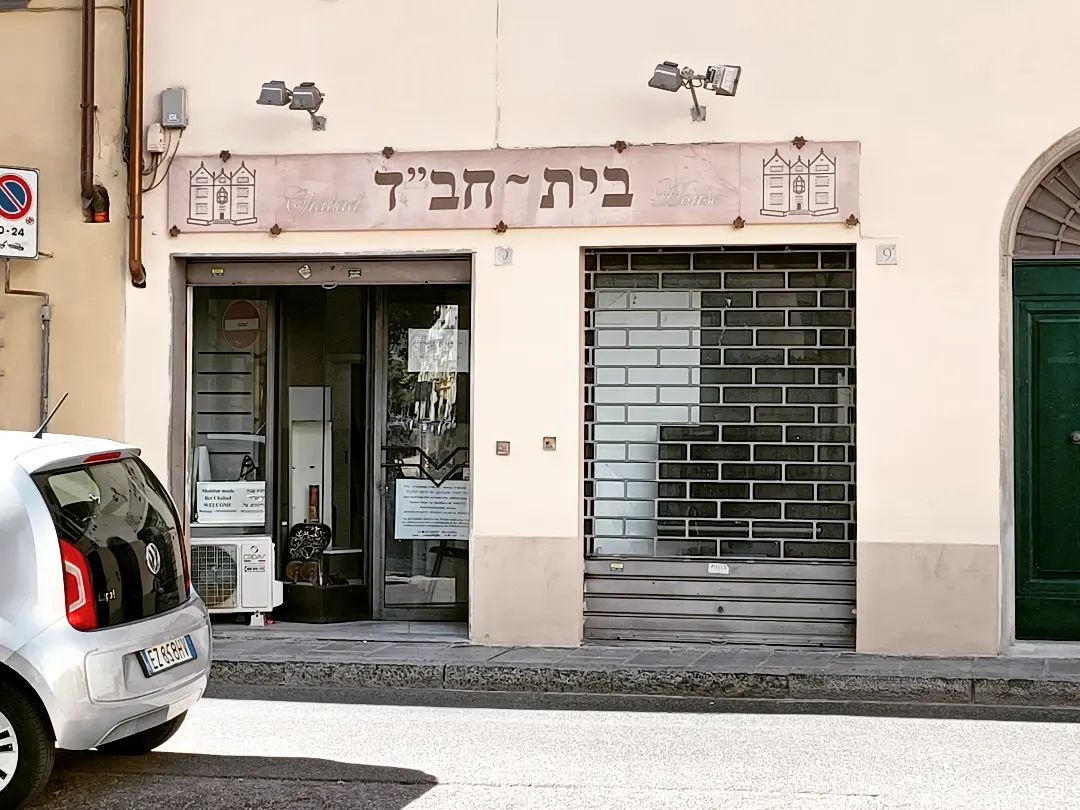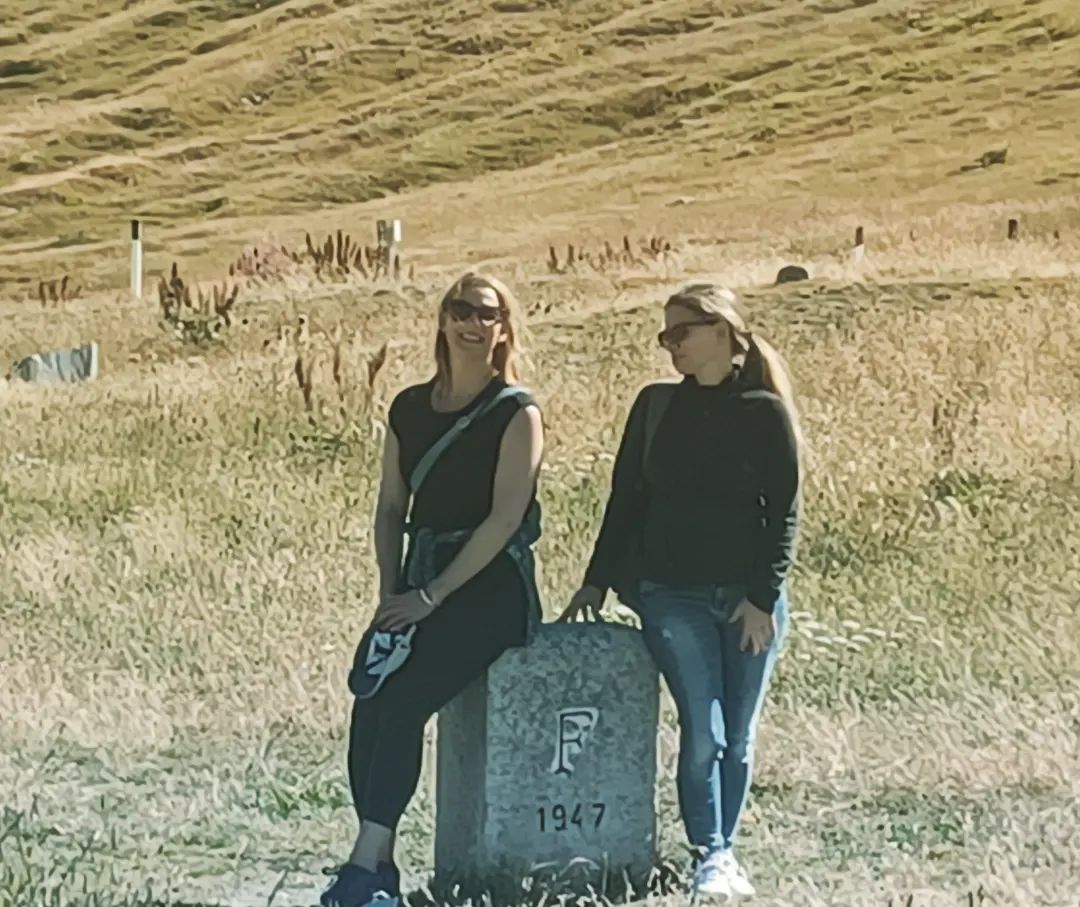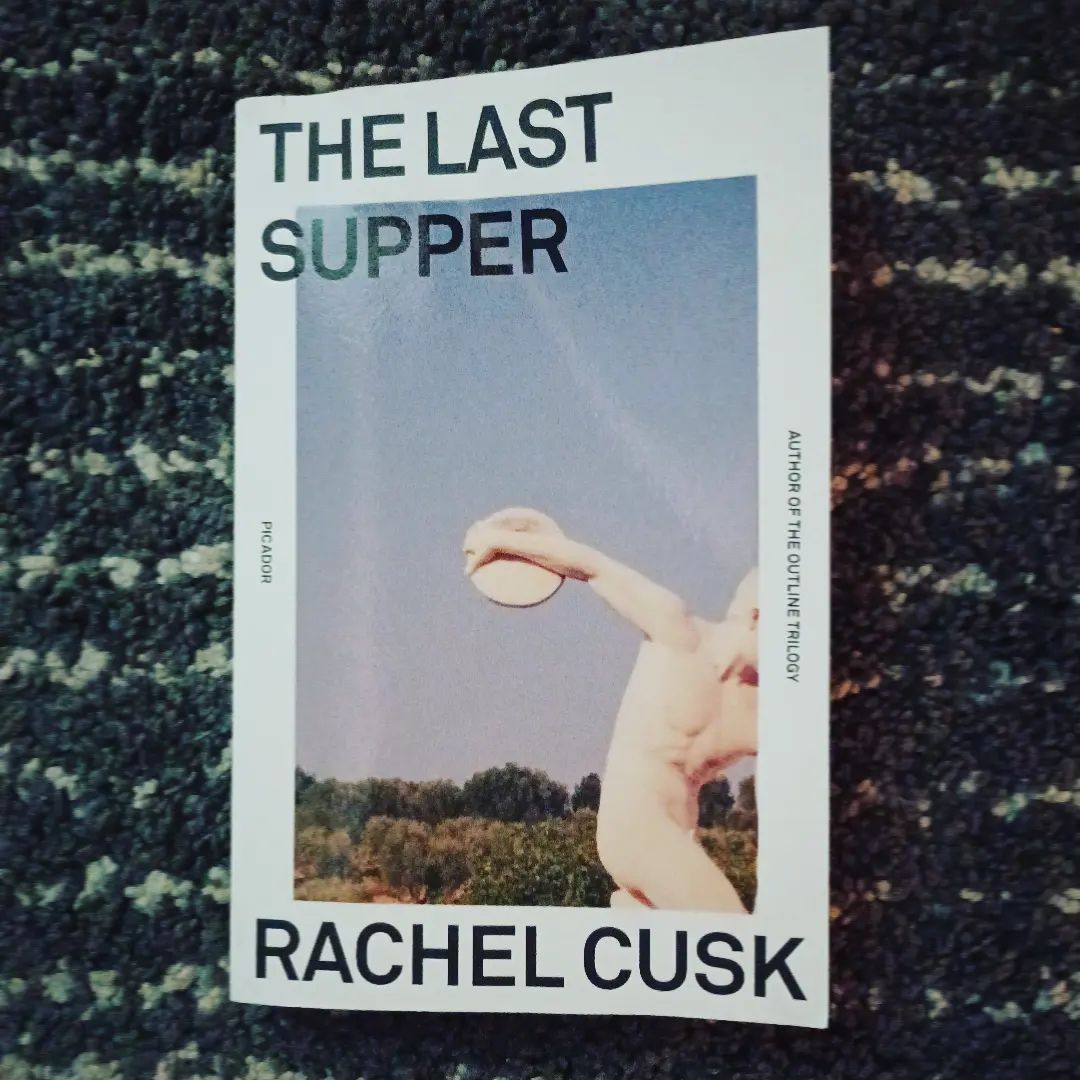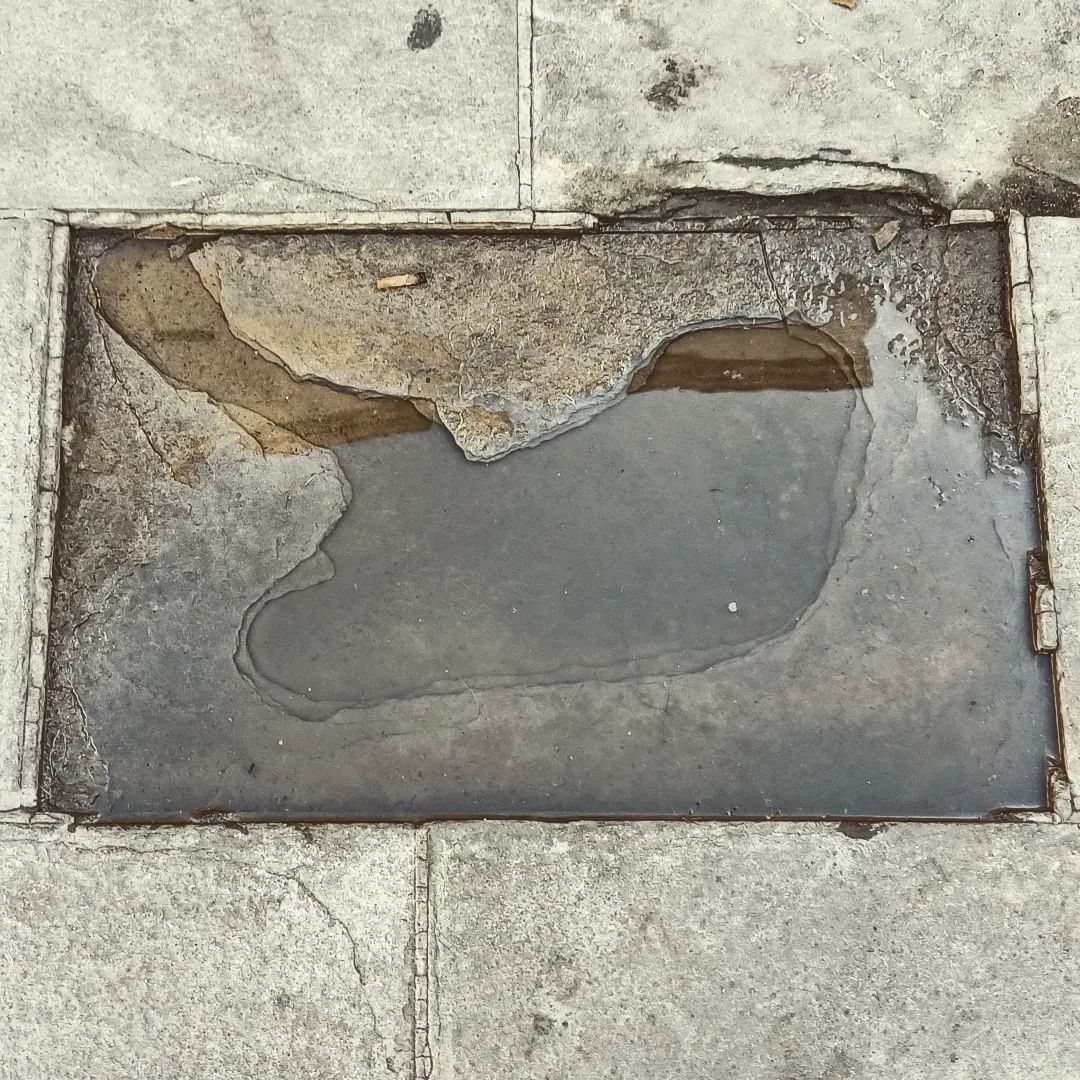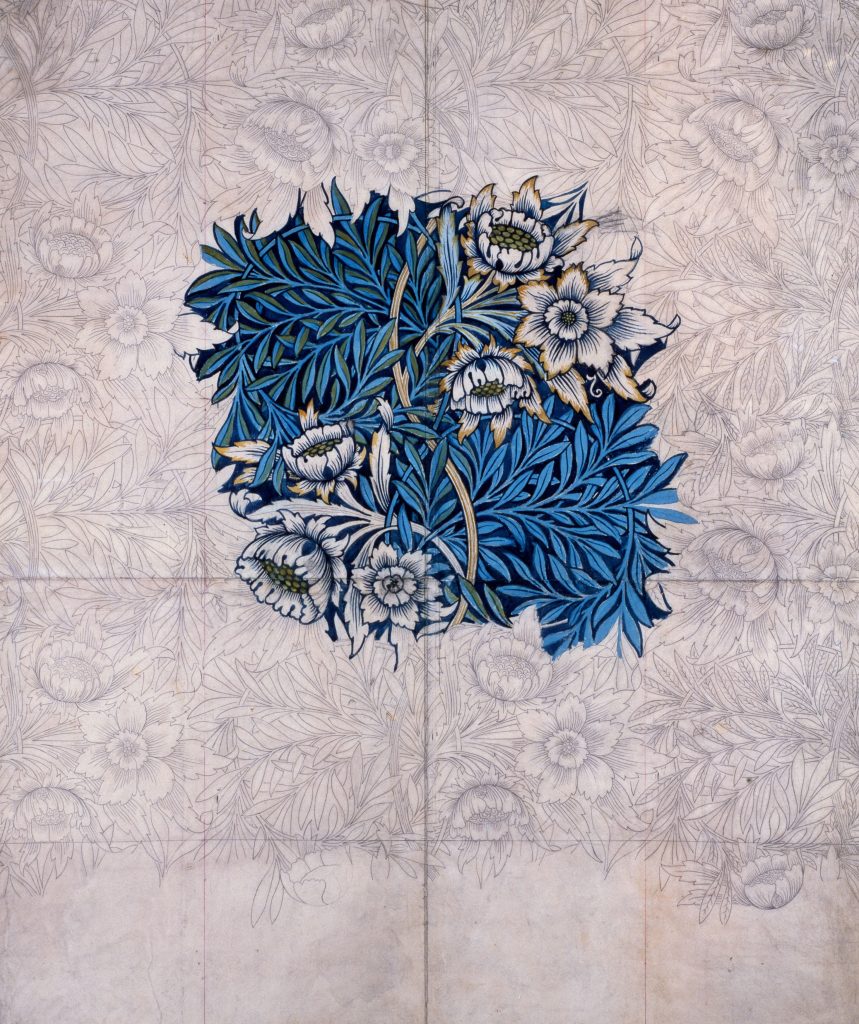
With this play I am now at a midpoint of the Shakespeare Project: at work number 20 of 40 (ish). Much Ado About Nothing is one of my favorites, rooted deeply in memories from the early nineties, before “Friends” was even pitched. I saw it in a movie theater in 1993, a Beatrice with her Benedick (as he quietly confessed to me in the days after we viewed it), popcorn and well-iced Coke balanced on my knee, possibly a distant drive from my college town because art films didn’t get much play in Rat Cinema 15 on the west side of Interstate I-35.
It was a golden time during which I amusedly considered the fact that I was a Beatrice to anyone’s Benedick (my tart undergraduate tongue was often in search of a Benedick in those days, and at certain times when I’m feeling a wee bit punchy and especially banter-y, I feel it return in my ripostes and best bons mots). The film hearkens back to a time when Emma Thompson and Kenneth Branagh were still married and very much in love, sparring and smiling their way through hundreds of lines on camera. Kenneth looks about twenty. Emma is aggressively spray-tanned. Breeches are tight. Nary a brassière in sight – all bosoms are firmly, then loosely laced, as the scene requires. All long hair is loosely curled. Michael Keaton has gone full Tudor method and appears to have refrained from brushing his teeth for a decade in preparation for the role. It is hard to imagine this film being made today with these production values. Even the festive rejoicing seems to zoom in to semi-harassing scenes. And are those crane shots? We didn’t have drones then.
That title is ironic. It is not about nothing. There is Much Ado About a Whole Lot, what with arguing couples, well-meaning cousins, mistaken identities, fraud, slander, libel, sexism, violence, the town winos, and a faked death, and that’s before the joyous double wedding that ends the drama, as Benedick promises to punish Don John off screen, off the page, another day. Let the audience judge themselves if the drama was over Something, or Nothing. I suspect the former will prevail.
Indeed, the treatment of Hero‘s gentlewoman, Margaret, who is made to look as much as possible like Hero from behind and far away, is astonishing. The aptly named Don Borachio – Hero’s falsely claimed other lover – seems ever more an emblem of nineties excesses, much like the Falstaff character in Shakespeare in Love who is busy laying any number of voluptuous maidens between the unclean sheets of Eastcheap, rutting some windblown meek maiden. Like, there is no way that the real Hero would have gotten with Borachio, but okay, Claudio. A man’s honor must be preserved, and even the most ridiculous gossip of infidelity entertained. I squirmed this time watching the scenes.

a blameless maid!
Thompson and Branagh split in 1995 – maybe the Shakespeare did them in, in the end, Emma stealing scenes while Kenneth obsessively drafted and adapted the play for the screen. In some ways it is one of the best possible adaptations of a Shakespeare play, set in Anytime in Italy, where Messina somehow looks a lot like the Val d’Orcia in the Tuscan hills. In any case, Emma got together with Willoughby (Greg Wise) in the 1995 production of Sense and Sensibility (nothing like a bodice to bring those boys into the yard, I mean, take your pick in fine lawn).
It’s interesting, this desire of the playwright to ironically title his play so. How was the [insert dramatic event here]? Oh, no big deal. We got through the blizzard/divorce/flood/brushfire/Trump administration/an evangelical upbringing.
Please accept my apologies, dear reader, for this has been a very production-specific review. It really pulled a few strings for me. I suppose for me the play is forever tied up in the early nineties, my sentimental life at the time, and that erstwhile collegiate Benedick. I wish him well. It’s still so poignant to witness the chemistry between any well-cast Beatrice and Benedicks.
At some point perhaps I’ll be lucky enough to see a different, magnificent production of the Royal Shakespeare Company variety or some sort. In the meantime, there’s plenty of free drama à la Shakespeare available, reading reviews of Spare by Harold Windsor (I mean, what is his real name anyway) in The Guardian and the BBC.
Thanks for joining me in this little chat. I’ll keep with the Branagh theme, and queue up As You Like It, Hamlet, and Henry V. More to come – mark me!




